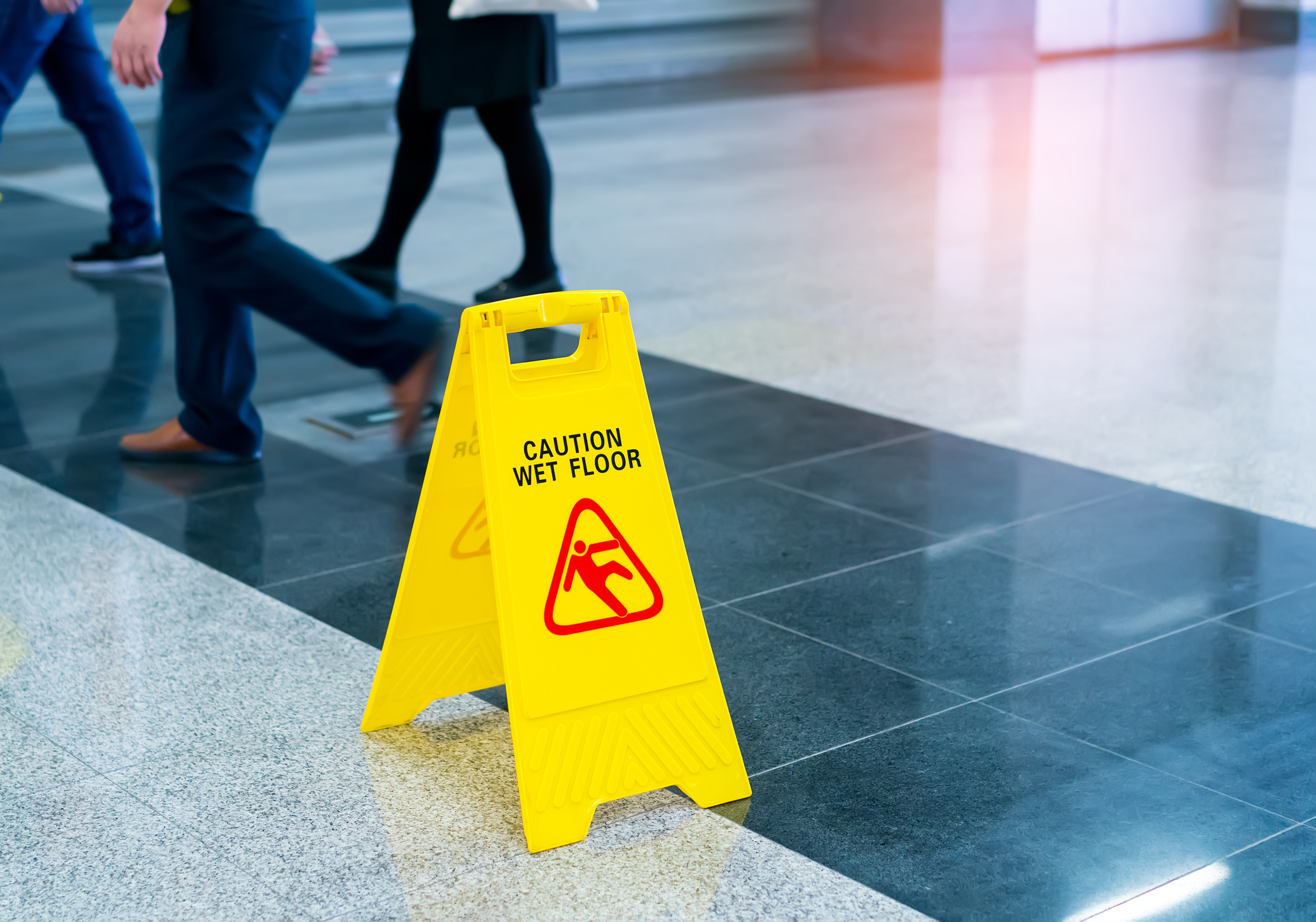Adapting Workplace Policies to Evolving Marijuana Laws
Marijuana use has become a grey area with varying state legalization colliding with a still federally-illegal tag. Additional job protections for medical marijuana use only further complicate policies, especially for employees working in safety-sensitive positions.
January 13, 2023

In the United States, 37 states have approved medical marijuana use and 18 of those states, including Washington, D.C., have also approved recreational marijuana use. Some states protect registered medical marijuana patients, but not recreational users. Other states, such as New Jersey and New York, provide employment protections for both.
“With the expanded legalization in many states, more employers are deciding to stop drug testing altogether, so otherwise eligible candidates are not rejected due to a positive tetrahydrocannabinol (THC) test,” said Beverly Covey, Senior Risk Control Manager at Safety National. “They may request a five-panel screening for amphetamines, cocaine, marijuana, opiates and phencyclidine (PCP), but ask the lab not to provide the results for THC, which is the psychoactive component in marijuana.”
Varying State Laws
Employers should review drug-testing policies and be aware that state laws vary on when a positive marijuana test can be used to discipline an employee or as a reason to refuse employment entirely. Some workers, such as drivers subject to the U.S. Department of Transportation’s rules, must regularly pass drug tests regardless of state and local marijuana laws. In states where medical marijuana use is protected from workplace discipline, a standard workplace policy should require those employees to verify their medical marijuana authorization to a medical review officer. Employers should engage their human resources team to develop specific policies, especially in states where medical and/or recreational use is legal.
Determining Active Impairment
Since marijuana can stay in the system even after 30 days of non-use, drug testing is not a reliable indicator of active impairment from marijuana. During accident investigations, the employer needs to determine the causal factors of the accident as soon as possible. Some employers are establishing marijuana screening practices and training workers to identify signs of impairment. A best practice is for employers to have their drug testing policies reviewed by local employment counsel since legal rules vary significantly by state.
Impact on Job Safety
According to one study focused on postal employees, those who tested positive for marijuana had 55% more industrial accidents, 85% more injuries, and 75% greater absenteeism than those who tested negative. Additionally, impairment on the job can result in decreased productivity, increased workers’ compensation claims and higher turnover. While it is becoming more difficult to find workers that meet a drug-free criteria, especially those required for certain safety-sensitive roles, it is critical that parameters of use and possession are clearly defined. Managers who are trained to enforce policies properly can provide the best support by recognizing impairment in employees and, thus, keeping the entire workforce safe.
For more expertise, guidance or resources on this topic, please contact [email protected].

























